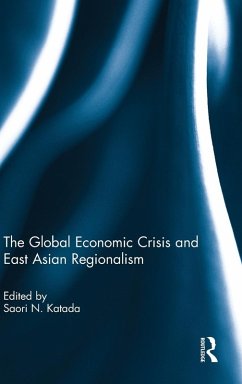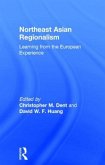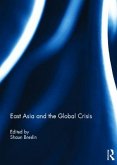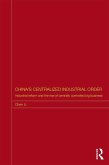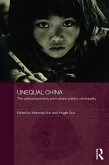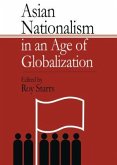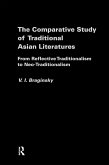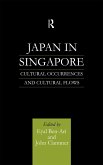Regional cooperation in East Asia on various issue areas, such as emergency liquidity mechanisms in finance, the exponential growth of free trade agreements and policy coordination on the environment and public health, developed rapidly after the Asian Financial Crisis. A decade later, the global financial crisis offered a new opportunity for the nascent regional cooperation mechanisms to acquire new depth and meaning - this time, however, in a very different context due to the unfaltering rise of China. How have inter-state cooperation mechanisms, which were devised originally to deal with the problems of the past crisis, fared in the recent global economic turbulence? Can regional integration effectively insulate East Asia from the vagaries of the international market? Should East Asian nations heed the call for regionalism or globalism? This volume not only offers one of the first assessments of how the global economic crisis has affected the prospects for regional integration in East Asia, but it also addresses a number of long-standing debates of interest to East Asian specialists, economists and policymakers: Are crises catalysts for revamping developmental models? Do they provide solid foundations for regional solidarity and integration? Can they help catapult countries into the global limelight? This book was originally published as a special issue of The Pacific Review.
The book examines the ironic twist in the evolution of East Asian regionalism in the aftermath of the Global Financial Crisis. When the region was given a more prominent place in the global economic governance that it so intensely desired after the Asian Financial Crisis, the governments were reluctant to take advantage of the opportunity collectively. This book was originally published as a special issue of The Pacific Review.
The book examines the ironic twist in the evolution of East Asian regionalism in the aftermath of the Global Financial Crisis. When the region was given a more prominent place in the global economic governance that it so intensely desired after the Asian Financial Crisis, the governments were reluctant to take advantage of the opportunity collectively. This book was originally published as a special issue of The Pacific Review.

